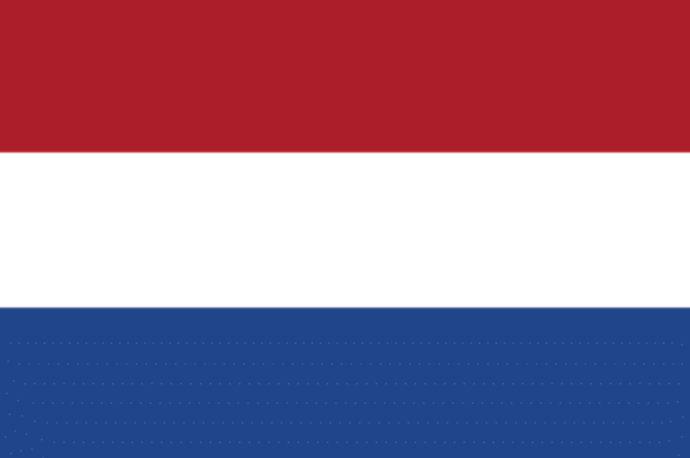Netherlands: EGBA welcomes introduction of online gambling regulations
01.04.2021
The introduction of the Remote Gambling Act in the Netherlands means almost all EU countries now have a multi-licensing system for regulating online gambling.
Brussels, Today – Online gambling will finally be regulated in the Netherlands after the country’s long-awaited Remote Gambling Act came into force today. The legislation introduces a range of new regulations and a multi-licensing system to allow different private companies to offer online gambling in the country. The European Gaming and Betting Association (EGBA) welcomes the country’s introduction of an online gambling regulation and the accompanying multi-licensing system.
Until today, the Netherlands had remained one of a few EU countries which had not yet introduced regulations for online gambling. The introduction of the Remote Gambling Act brings the Netherlands into line with other EU countries and means almost all EU countries now have a multi-licensing system for regulating online gambling. Potential license holders are now able to submit their license applications to Kansspeelautoriteit, the Dutch Gambling Authority, ahead of the official market opening on 1 October. It has been reported that the Kansspeelautoriteit expects to grant 35 licenses initially.
Significant achievement
The Remote Gambling Act is a significant achievement and EGBA acknowledges the efforts of Dutch policymakers, the Kansspeelautoritei, and the Netherlands Online Gambling Association (NOGA), towards establishing the new regulations. EGBA is pleased that the new regulations focus on achieving a high-level of consumer protection and acknowledge the consumer-centric nature of online gambling by allowing a broad scope of online gambling products.
But significant concerns remain…
A significantly concerning element of the new regulation is its objective to achieve 80% channelisation of the newly regulated market within 3 years, meaning that it intends to leave 20% of Dutch players to gamble in the unlicensed market. EGBA believes the country’s channelisation ambition should be strengthened to support the effectiveness of the new regulation – similar to, for instance, Denmark, where well over 90% of players play on licensed websites. The risks to channelisation have been recently illustrated by a recent survey commissioned by NOGA, which highlighted that as many as 41% of Dutch online gamblers do not care or have no preference if the gambling website they use is licensed. EGBA therefore urges the Dutch authorities to assess the effectiveness of the new legislation in achieving a more ambitious level of channelisation and adopt measures accordingly.
“We welcome the introduction of online gambling regulation in the Netherlands. Almost all EU countries now have a multi-licensing system for regulating online gambling. But the real winner here will be the Dutch player who will now have much greater choice and protection under Dutch laws. In this respect, we still have significant concerns about the channelisation ambitions of the Dutch authorities. For the new legislation to be effective it needs to aim to reach more players than currently foreseen.” – Maarten Haijer, Secretary General, European Gaming and Betting Association (EGBA).
About the European Gaming and Betting Association (EGBA)
The European Gaming and Betting Association (EGBA) is the Brussels-based trade association representing the leading online gaming and betting operators established, licensed and regulated within the EU, including bet365, Betsson Group, Entain, Kindred Group, and William Hill. The Swedish Trade Association for Online Gambling (BOS) is also an affiliate member. EGBA works together with national and EU regulatory authorities and other stakeholders towards a well-regulated and well-channeled online gambling market which provides a high level of consumer protection and takes into account the realities of the internet and online consumer demand. EGBA member companies meet the highest regulatory standards and have 145 online gambling licenses to provide their services to 16 million customers in 17 different European countries.

